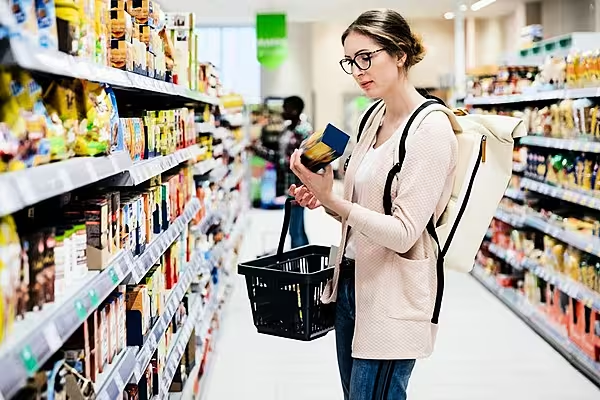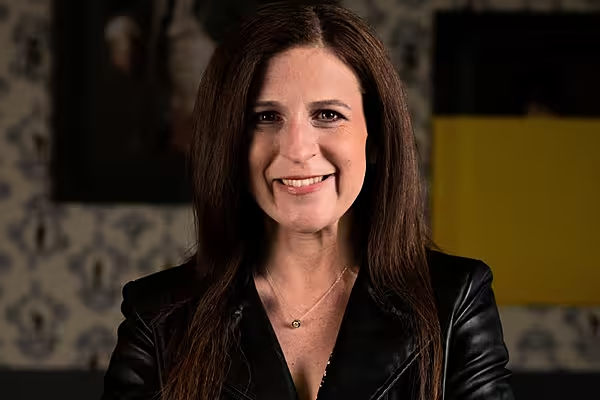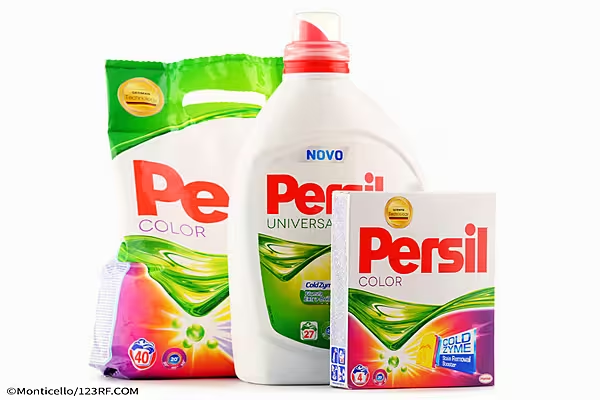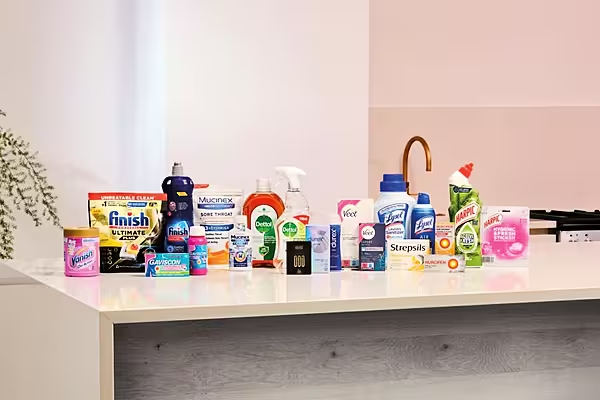Italy's illycaffè turned a profit in 2020 as growth in the retail (+21%) and e-commerce (+39%) channels mitigated the impact of the pandemic on its HoReCa business.
Adjusted EBITDA at the firm amounted to €57.7 million, while net profit totalled €5 million in its financial year 2020.
The Italian coffee maker reported consolidated revenues of €446.5 million, down 14% year-on-year.
Growth Drivers
Home consumption channels accounted for 56% of the total revenue (40% in 2019), with growth in portioned coffee systems (Iperespresso and compatible capsules and ESE compostable paper pods) as well as the ground coffee and coffee bean segments.
The company saw a 21% growth in sales in the home consumption category, with a 30% sales growth in Italian supermarkets, driven by a positive performance in compatible aluminium capsules (+10%).
The e-commerce channel saw 39% growth in revenue, thanks to the significant increase in online purchasing (50% were new clients acquired in 2020) and consumer preference for premium brands.
Impact Of Pandemic
The company's performance across various markets mirrored the impact of the pandemic, with the USA among the hardest hit markets and Asia already in an advanced recovery phase, with South Korea, in particular, showing significant growth.
The illycaffè store network was hard hit by closures due to the COVID-19 pandemic.
As of the end of 2020, there were 225 single-brand illy retail outlets and 39 illy Shop outlets.
One of the highlights in 2020 was the appointment of private equity firm Rhône Capital as an equity investor and strategic partner to help drive international expansion, especially in the USA.
'Solid Fundamentals'
"We faced the pandemic with solid fundamentals, a clear vision of brand value and a firm commitment to digitalisation of the business, " commented Massimiliano Pogliani, managing director of illycaffè.
"The 2020 results, although penalised by the weakness of consumption outside the home, confirm the strength of the illy brand, the effectiveness of the actions developed to mitigate the impact of the pandemic, and our ability to respond to changing consumer needs."














